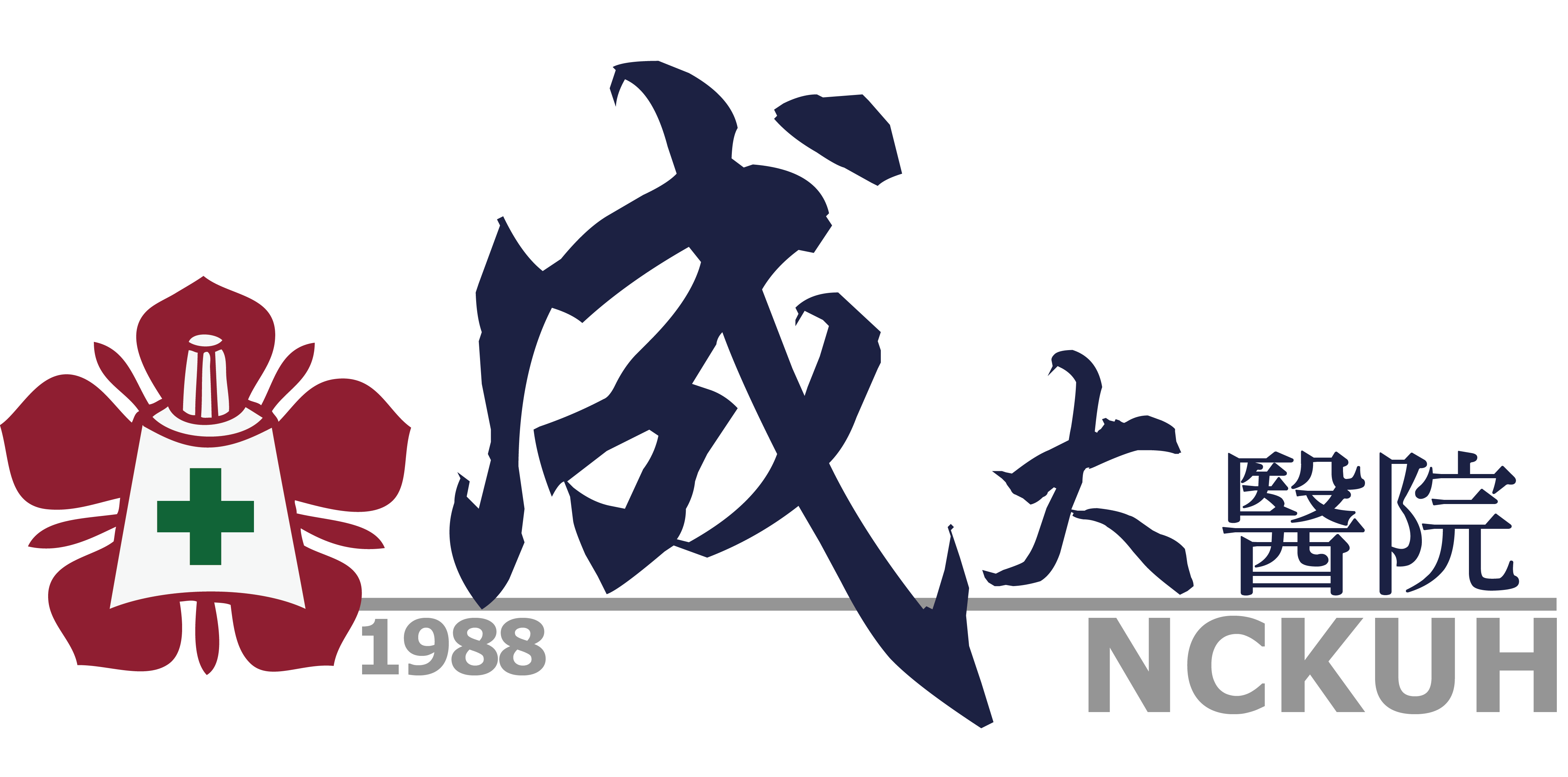
National Applied Research Laboratories
Booth No:L607
National Applied Research Laboratories
The main missions of NARLabs are: to establish R&D platform; to support academic research; to promote frontier science and technology; and to foster high-tech manpower.For the innovation ecosystem, NARLabs will serve as a platform to align upstream and downstream segments along the R&D continuum, which will be one of the crucial aspects in Taiwan's S&T transformation process. In this connection, the pressing task for the NARLabs is to augment the “translation” function and maximize its roles in elected projects of various fields with potentials for success. For example, the establishment of platforms of next-generation smart electronics and experimental biological materials is to elevate the development potentials in Taiwan's information and communication technology and bio-technology industries. Nonetheless, the related connection and integration shall proceed with the formulation of complementary measures and implementation of performance management so to meet the future needs in developing the country's innovative R&D programs and economic system.
National Applied Research Laboratories Science & Technology Policy Research and Information Center
Booth No:L607
National Applied Research Laboratories Science & Technology Policy Research and Information Center
Stanford-Taiwan Biomedical Fellowship Program (STB Program) is a multidisciplinary training program executed by STPI, a non-profit organization under the supervision of the Ministry of Science and Technology (MOST) in Taiwan. STB is a unique blend between the innovative Medtech culture in the Bay Area of the US and eager young scientists from Taiwan. We hope to train the next generation of medical technology innovators and create an innovative Medtech platform in Taiwan. One of the goals is to arm these STB fellows with tools to return to Taiwan and consider starting Medtech efforts, which will be coupled with the infrastructure of manufacturing and miniaturization in Taiwan when cost reduction may be the perfect environment to surround these innovative kernels.
SPARK Taiwan Program
SPARK Program was launched in accordance with the biotechnology industry development planning. This program aims to provide assistance to those that are in the pharmaceutical industry or the medical device industry with potential products but are lacking in initial commercial planning for entrance into the market. This program includes: translation, medical regulation implementation, intellectual property registry, negotiation, marketing and commercialization planning and training.
SPARK Taiwan cultivates future teams and team projects in preparation for the entrance into the industry. Part of the program is to provide teams with initial funding as a start. The teams will go through training to learn product development methods gaining international view on turning research into products. There are six anchor universities involved in SPARK Taiwan Program including Northern area-National Taiwan University, Taipei Medical University, Fu Jen University(cooperated with National Tsing Hua University; Central area-China Medical University (cooperated with Asia University); Southern area-National Cheng Kung University and Kaohsiung Medical University, executing more than 300 biomedical innovation projects. In addition, more than 1000 persons from universities, research institutions and medical centers participate to carry out the value of bio-innovation and translate the research projects into products.
National Center for High-performance Computing
Booth No:L607
National Center for High-performance Computing
NCHC has been actively participating in large-scale domestic biomedical projects. The development of new generation sequencing technology makes genome sequencing more available and results in producing a large amount of genome sequence data. Significant progress also has been made on biomedical imaging due to recent development of GPU and AI technologies. However, most biomedical data has been stored in different locations, and it is difficult for researchers to integrate and store the data. Therefore, NCHC actively builds facilities to create a high-performance analysis service and data sharing platform dedicated to biomedical science. This year, there will be three subjects in the exhibition, as well as important national projects that NCHC will participate in the future:1. Life Science Informatics on Cloud Services (LIONS)
2. Taiwan BioBank database releasing platform
3. Platform for the sustainability of health data -build a national friendly biomedical data analysis and sharing platform
National Cheng Kung University -University Center for Bioscience and Biotechnology/Dr. Chun-Yen Chen
Booth No:A071
National Cheng Kung University -University Center for Bioscience and Biotechnology/Dr. Chun-Yen Chen
The innovative microbial wastewater treatment technology of our team can effectively reduce the COD, BOD, total nitrogen and total phosphorus in livestock wastewater to the emission standards in a short period of time, and the generated microorganisms can be developed for feed additives and organic fertilizers. In terms of industrial wastewater, this technology can also effectively clean petrochemical, ammonia nitrogen and heavy metal wastewater by degrading COD and ammonia nitrogen even adsorbing heavy metals, showing the excellent treatment performances.
National Cheng Kung University / Dr. Jung-Hsien Chiang, distinguished professor research team
Booth No:---
National Cheng Kung University / Dr. Jung-Hsien Chiang, distinguished professor research team
MedCheX: Automatic AI-based Pneumonia Detection from Chest X-ray Images and It’s Application to Coronavirus Pandemic (COVID-19)Automatic detection of pneumonia on X-rays continues to be an important issue. Our system will process the images to assist doctors to determine whether the patients are infected. We first created a ResNeXt based deep learning model to automatically detect the presence of pneumonia. For enhancing the ability of feature extraction in the model, we re-designed the model structure by using the squeeze-and-excitation, which can extract more fine-grained features in the process. Meanwhile, we utilized the Feature Pyramid Network to extend the receptive field on the convolutional kernel, which improved the performance on the pneumonia detection with various location on CXR. In the training phase, we applied the data augmentation, included flipping, rotation, adding noises, and image distortion, to make the model more robust and avoid the model overfitting.
As we continue to face the rapid increase in confirmed Coronavirus cases around the world, we created an AI-based pneumonia detection platform for COVID-19. The system is able to automatically detect high-risk patients with pneumonia that will then send alert information to doctors. With that information, the doctors are then able to make follow-up decisions and provide a treatment plan after the diagnosis. In specific, doctors from Department of Medical Imaging provided us thousands of positive and negative chest x-rays for pneumonia as training set. Our system has already been tested with and adopted by doctors at the NCKU Hospital. The system achieved 95.5% sensitivity and 99.0% specificity to detect the pneumonia symptom, based on 1,363 test images.
National Cheng Kung University Hospital
Booth No:N1006
National Cheng Kung University Hospital
Combat epidemics with science and technologyVR/AR
Precision medicine
National Chiao Tung University
Booth No:M1211a
National Chiao Tung University
Artificial intelligence, wearable smart medical materials and high-end medical materials technology innovations and breakthroughs, and continue to integrate imaging, physiology, genetics, medical record information and big data to develop precision medicine.
National Chiao Tung University
Booth No:---
National Chiao Tung University
In new agricultural era, to implement the 3P concept: Predictable, Preventive, Precise, the team has successfully integrated from farm monitoring, AI analyzing and prescription of bio-reagent to provide a comprehensive green and smart agricultural management-AgriTalk AIoT.To achieve both the “Predictable” and “Precise”, we provide sensors and control module with high stability to assist farmers to monitor the farm accurately and in real-time. And further using the collecting data to customize the soil microbiome prediction system, smart fertilizing system, pests and diseases eruption prediction system for specific lands and crops. In “Preventive”, the team also develop and provide brand-new bio-reagents that can target pests specifically, harmless to human and pollinators, environmental friendly and less pest resistance.
In the agricultural market, we provide automatic control solution (Agriculture 3.0) and smart AI prediction solution (Agriculture 4.0) based on different demands of customers. AgriTalk AIoT system has already been implemented in various high value crop farm including: Chinese medicinal herbs such as turmeric, Salvia miltiorrhiza, strawberry, banana, etc. As conclusion, AgriTalk AIoT system can provide a more systematic, scientific driven farm managing style and a more environmental friendly solution to agricultural field.




